
My mother once told me we don’t really move to a country when we step off the plane. We may be physically there, but the process of settlement, of truly arriving and finding your home in a foreign land is much akin to swimming there.
“The toughest time is when you are half way. You have swum too far to turn back, yet the other shore is nowhere in sight,” she says.
“You are exhausted. But the only way is to continue. Your survival depends on reaching that shore. Then and only then, can you call both countries, your motherland and this new place, your home.”
It’s a prospect facing Emmah, her husband Chris, and her three children. They stepped off the plane from Kenya only six months ago. I guess they have started that metaphorical swim to the heart of this country.
They came as missionaries to help plant a church here. For more than 170 years, people from across the globe have gone to Kenya to spread the Gospel. This was my first experience of a Kenyan who has come to Australia for the specific purpose to advance Christianity here.
“I have had a heart for this country since university,” says Emmah. “I had a giant map of Australia in my dorm and I would pray for this country every day.”
I asked her why she wanted to come here. She smiles and tells me she was asked that question by another Australian many years ago.
“He was my colleague at the UN. His name was Brendan and he was Australian. He asked me why on earth I wanted to leave such a beautiful place like Kenya to go to a place like Australia. You are crazy, he’d say.”
I get a glimpse of Emmah’s Kenya through our conversation. It is a very different country from what I imagined. There are no extremes of heat or cold there. It is a temperate place with each day ranging from 24 to 27 Celsius. It’s also a relationally rich country. Where its people seem open and generous.
“You would have people dropping in and saying hello if you are new to the neighbourhood. People will come for a talk and stay at your place the whole day without feeling guilty. Someone can come around at any time,” Emmah explains.
“There is also the daily hustle from being a developing country. Everyone works very hard and all hours. You would not see shops closing at 5pm like you see here. People need to survive.”
In contrast, Australians seem less friendly and more reserved. She’s stepped onto a land where many people are materially rich, but also relationally poor. Many live solitary lives here and it can take a long time to get to know people well. I tell her this, and her reaction is positive.
“I just have to be more active in inviting people over to my house. I will need to make the effort to reach out to others,” says Emmah.
“The question I need to ask is what does faith look like in Australia? In Kenya, faith is very practical and tied to people’s immediate needs. Missionaries have been coming over and setting up medical programs or assisting us with food and education for years. The love of Jesus is tied very much to healing the sick and helping the poor.
“But you have so much here. Australia is so wealthy materially. How can we reach out to people when they feel they have everything and don’t need God?”
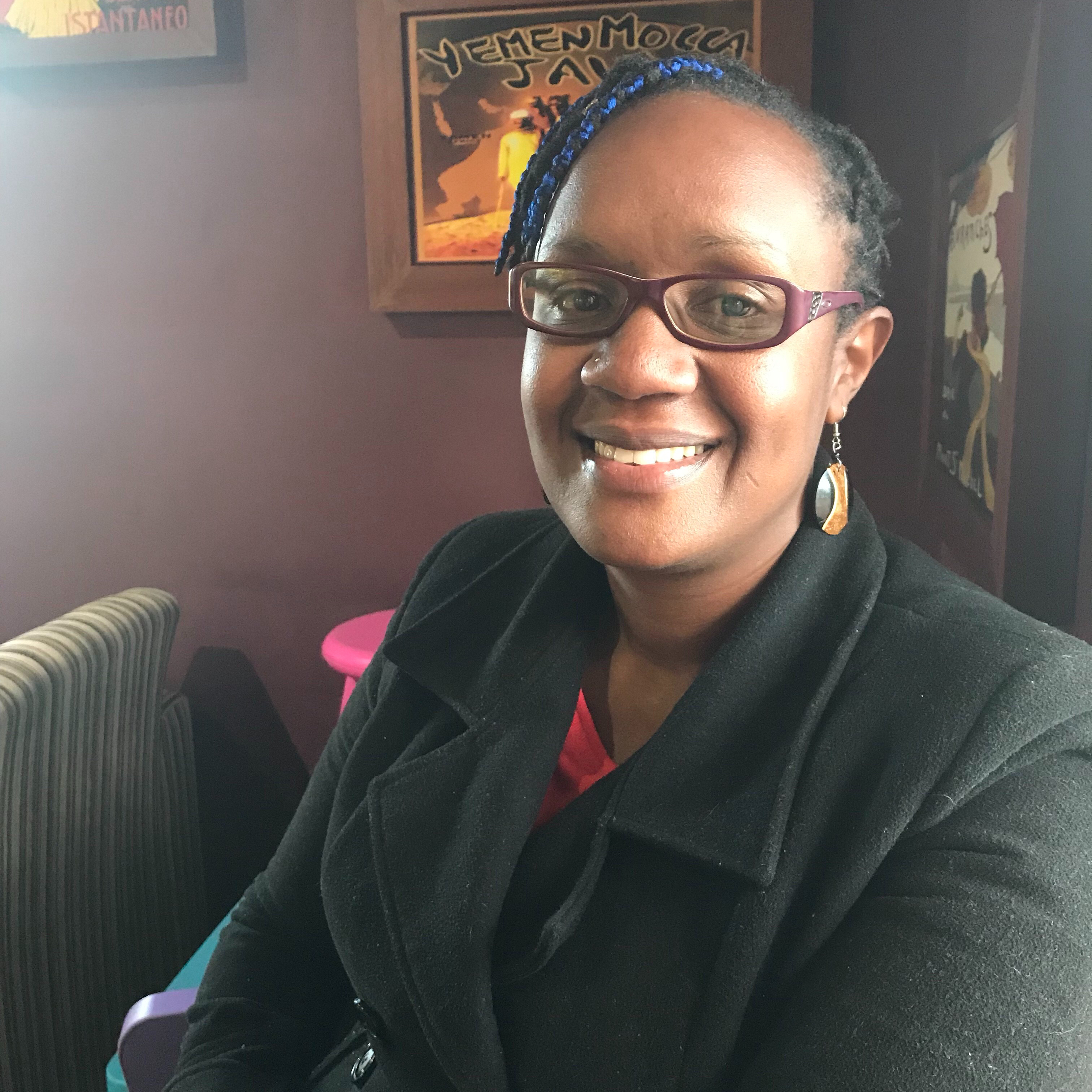
Emmah was a human rights activist in Kenya. She worked for various NGOs and the UN. But it was her time as a country director for an NGO that was to be a turning point in her life. She had a successful career, a job with purpose, yet Emmah says she had a restlessness in her heart.
“I felt like God was pushing me to do something different. The feeling only got stronger as time passed,” she says.
So she quit her job, much to the surprise and ridicule of friends and family.
“They thought I was crazy. When so many in the country were looking for work, I was quitting mine to do nothing. But it was something I had to do. I knew there was something else for me,” Emmah recollects.
“Within six months I got a call from my pastor at the church we were attending. It was an opportunity to serve in a pastoral role at the church.”
The rest, as they say, was God ordained. Their Pastor, Ken Kamau, called up her husband one day, said he was leading a mission team to Australia for two weeks and asked if he wanted to come. That two weeks, became the start of something more permanent.
“In 2016 we were asked if we wanted to go to Australia to plant a church here. It was a sign. God was calling us to be missionaries to this country.”
So they applied for a visa, were granted permanent residency and came last November. I was curious about their first impression of Australia.
“The most immediate difference was the style of worship in churches here. Back home, we lift our hands, shout, cry, roll around. It is much more expressive. But I am getting used to standing, clapping quietly and thinking about the words I am singing,” she smiles.
“What I’ve found interesting also is that life seems more fragile here.
“We had someone who suffered a cardiac arrest at the pool. There were an ambulance and a helicopter. People were sent emails to see if we were not traumatised by the event and information was given should we need further help. My son hurt his hand in the school playground recently. It bled. He was just going to suck it out when the teachers came. They wrapped bandages around him, sent him to the school nurse. They put an ice pack on it.
“When you grow up in a developing country you grow up tough. You have to survive so much with very little resources.”
Emmah doesn’t know how long her family will be in Australia. But for now, they are happy in the knowledge they are where God would like them to be.
“We have had to rely on God in ways we never had to back home. And we have experienced His love and provision from the moment we came.”
Within ten days of arriving in Sydney, and with no rental history, they were able to secure a home at a reasonable price. It’s an experience almost unheard of in Sydney where the cost of rentals are so high and competition is fierce for properties. Chris secured a job within a few months as an architect, and Emmah has recently got a job working for a social enterprise where profits made will assist the community.
I hope this family is embraced by the people here. I hope they will be able to settle and put down roots in Australia, bringing with them the richness of their own Kenyan heritage. I can’t wait to hear how they will weave their story into the greater story of this country.
Emmah and her family are supporting a church in Earlwood with a small, ageing congregation. They are here because a call went out through the Baptist Union of New South Wales to help revive that church. Their call reached the other side of the globe and was answered by Kenyans, who had been praying for this country and its people for years.
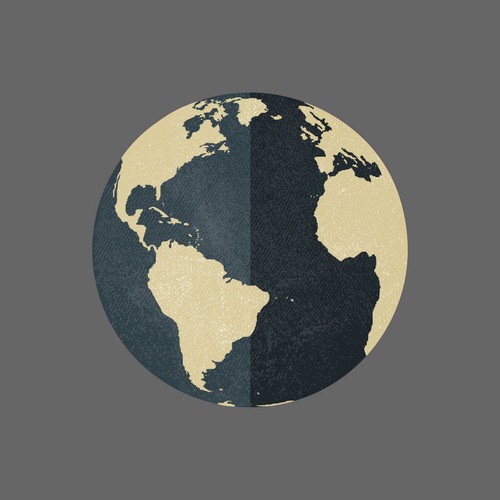
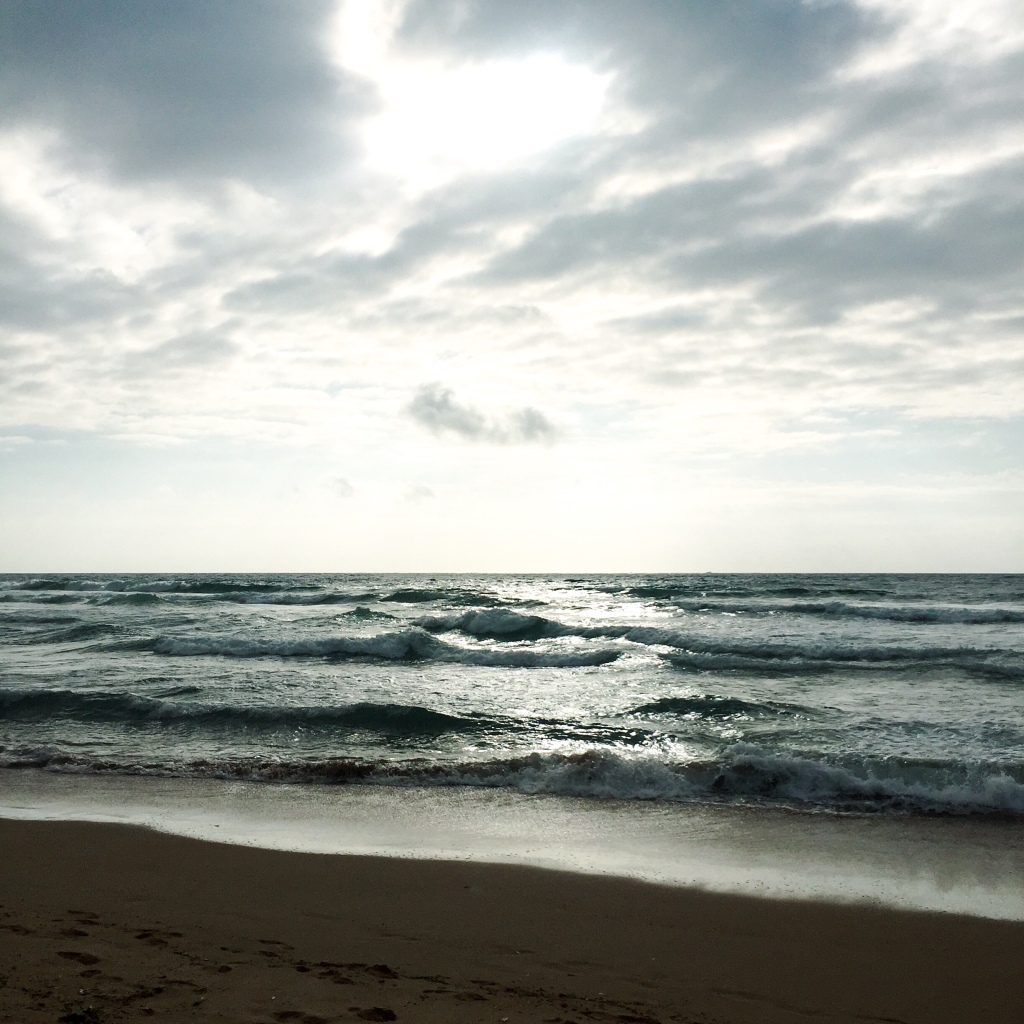

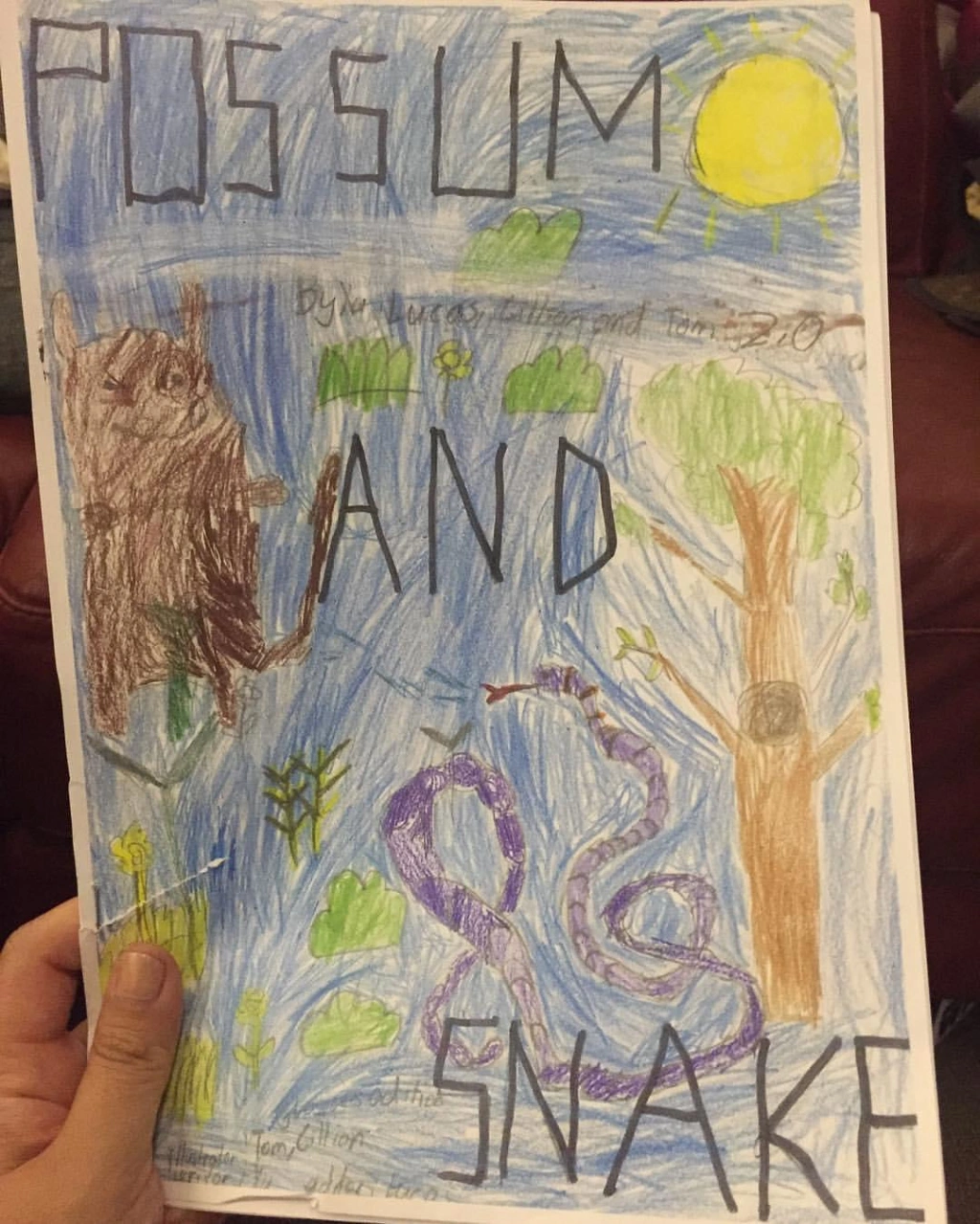
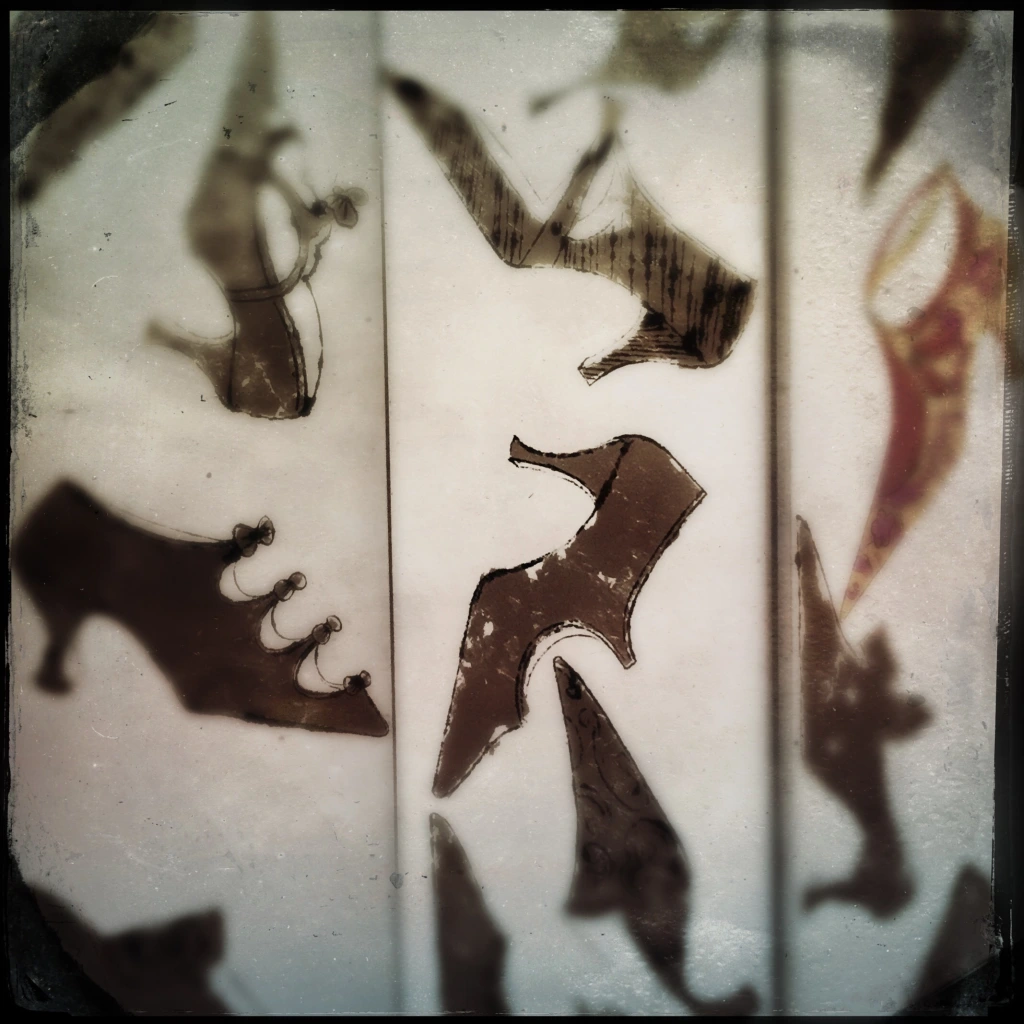

2 responses to “Swimming to the other side of the world”
Great post to read after just returning from Mass at which our (Nigerian) priest encouraged us to forget ourselves long enough to listen and consider where God is really directing us. Sounds like Emmah is a good listener–a trait we can all try to emulate, whether we believe or not. To get outside of ourselves and consider the greater good can only help.
LikeLiked by 1 person
That is brilliant! And You’ve raised an interesting point! I sometimes think I also deliberately don’t want to heed what is being said. Personally, there was a time when I openly rebelled against God. But looking back, it is amazing how He has worked in my life to bring me to Jesus and the love and forgiveness found at the cross. If only I had listened sooner!! I believe if He has called you to Him, there will be nothing you can do to run away from that.
LikeLiked by 1 person